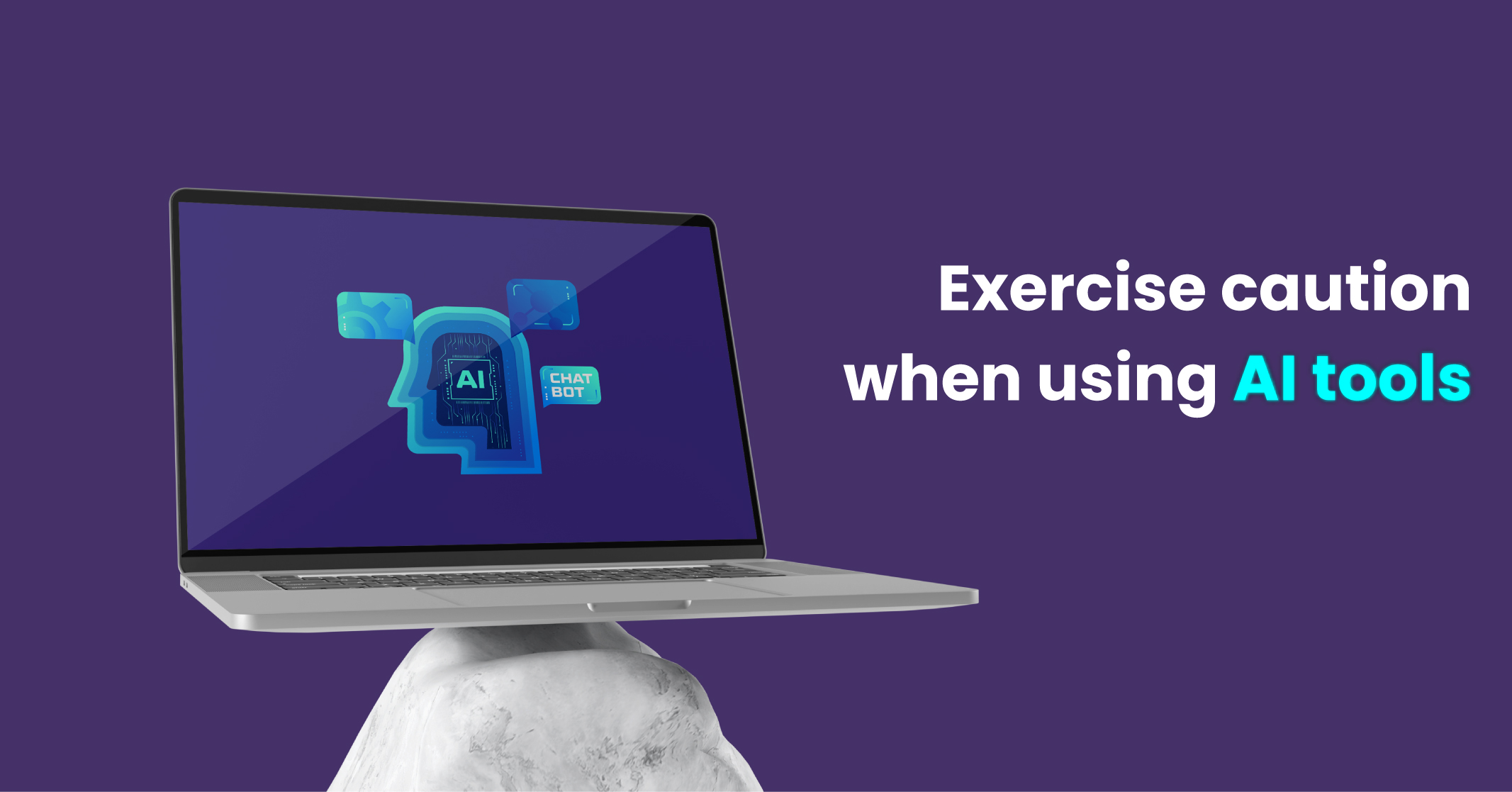I hope you enjoy reading this blog post.
If you want to get more traffic, Contact Us

Click Here - Free 30-Minute Strategy Session
Be quick! FREE spots are almost gone for this Month. Free Quote

The searchalgorithm updates used by Google are a set of rules that help organis the vast number of URLs available and present users with the most relevant search results. In 2022, Google introduced its initial beneficial content update in August, followed by another update in January 2023. These updates, combined with the improved E-E-A-T quality rate guidelines emphasize Google’s focus on filtering out low-quality or unhelpful content.
If you fail to ensure that your content strategy aligns with these parameters, you run the risk of losing valuable visibility in organic search. This blog will explore measures you can take to future-proof your content against algorithm changes and the implications for both your current and upcoming content.

Click Here – Free 30-Minute Strategy Session
Be quick! FREE spots are almost gone for this Month
Are you working on a digital content strategy? Then you should think about future-proofing your website. It involves creating content that can be expanded upon, refreshed and repurposed, rather than discarded down the line. The aim is to ensure that your content consistently ranks organically at the top of search engine results pages (SERPs) and doesn’t simply get lost among similar content.
Some brands still publish many pages with the expectation that a percentage of them will succeed. However, it is now widely recognised that the quality, not quantity, of content is what brings rewards.
In the past, Google has periodically introduced core updates every few months, many of which evaluate the value, originality, and user experience of web pages. While search performance often serves as a brand’s key performance indicator, Google emphasises that it should be a measure of good content rather than the sole purpose.
Brands should prioritise “creating people-first content…rather than search engine-first content designed primarily to achieve higher search engine rankings.”

To ensure the lasting relevance of your content, it is essential to develop distinctive evergreen content that continues to captivate readers as time goes on.
Nowadays, evergreen content faces significant competition and saturation, making it crucial to adopt an agile approach to identify opportunities for providing fresh perspectives or opinions on a topic.
This doesn’t imply that trend-related content should be completely disregarded but rather it should not serve as the foundation of your content strategy.
Google’s E-A-T guidelines have added another element: Experience. In addition to showcasing:
Brands should also be able to demonstrate a deeper level of subject knowledge or firsthand experience. Brands should focus on producing content related to topics they are familiar with and can provide valuable insights on while refraining from creating content in areas where they lack authority.
From an authenticity perspective, it is crucial to consider what your audience associates you with and what they rely on you for.
Learn More:Ultimate Guide to SEO Content Creation!
Some marketers tend to leave well-performing content untouched, adopting an “if it’s not broken, don’t fix it” approach. However, neglecting to address new reports, breaking news stories or other developments related to the topic could render your content outdated.
Updating the content to incorporate these changes demonstrates that your brand is current with the latest advancements in the field and builds trust among users, assuring them of the content’s accuracy.
What To Know?
Search rankings are constantly in flux, so even if you hold the top position, it is advisable to monitor what is ranking below you. Enhancing the page with videos, infographics or additional FAQs can help solidify your content’s prime position and maintain its freshness.

The popularity of AI copywriting tools, such as OpenAI’s ChatGPT, has skyrocketed due to their ability to generate human-like responses across various formats, including:
While these AI content tools can be beneficial for generating content ideas, understanding user intent and automating tasks like keyword research, it is important to use them judiciously.
Content Writing Tips: Google’s current standpoint on AI-generated content is that the value of a page is what matters, regardless of who wrote it. However, as more AI-generated content saturates the web, stricter measures will likely be put in place.
The current AI models are based on a limited dataset of existing web pages and relying solely on AI means your content will never offer anything truly original.
AI detection systems, like GPTZero, are becoming increasingly sophisticated in identifying whether the content was produced by a human or AI, making it easier to detect the extent to which AI has been used.
Learn More:Project Magi: The Future of AI-Driven Search Tools
Achieving complete futureproofing and executing content strategy for marketing is a challenging task, as Google introduces numerous updates each year. Sustaining content requires ongoing attention and adaptability.
However, staying informed about the latest algorithm launches and updates can provide valuable insights into Google’s efforts to assist users, enabling brands to tailor their content accordingly.
Few Copywriting Tips to Consider:

LEAVE A REPLY